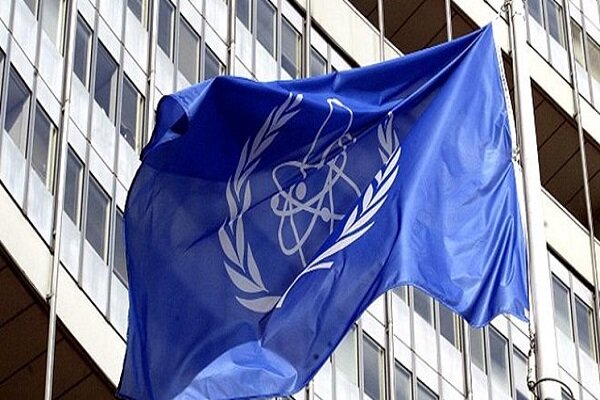
Reuters claims that International Atomic Energy Agency (IAEA) said in a report that Iran has begun enriching uranium with the third cascade of advanced IR-2M centrifuges at Natanz enrichment facility.
On March 7, IAEA confirmed that … Iran has begun injecting UF6 into a third cascade including 174 IR-2m centrifuges, the agency wrote in a report to members of the International Atomic Energy Agency.
The fourth centrifuge cascade has been installed but no natural UF6 has been injected yet. The installation of fifth cascade of IR-2m centrifuges is underway and installation of sixth cascade of IR-2m centrifuges has not yet begun, the report added.
Spokesman for the Atomic Energy Organization of Iran (AEOI) Behrouz Kamalvandi about a month ago had said that Iran would install 1,000 IR-2m centrifuges in Natanz enrichment facility in less than three months.
The US government withdrew from Joint Comprehensive Plan of Action (JCPOA) on May 8, 2018 and reimposed sanctions on Iran, in addition to imposing sanctions suspended under this agreement.
Despite verbal opposition to the US withdrawal from JCPOA, the European Troika including UK, France and Germany did not live up to their obligations to make up for effects of the US withdrawal from Iran’s nuclear deal.
The Islamic Republic of Iran, in response to the inaction of European countries, reduced its commitments under JCPOA in five steps.
Back in December 2020, Iranian legislators passed a law to further accelerate the development of the nuclear program. The law is a firm reaction to Washington’s 2018 withdrawal from the Iran nuclear deal – the Joint Comprehensive Plan of Action (JCPOA) – and the illegal sanctions the US has imposed against Iran since then.
To implement the law, Iran stopped the voluntary implementation of the Additional Protocol to the nuclear Non-Proliferation Treaty (NPT) and restricted access to the country’s nuclear sites on February 23.
Following the decision, Rafael Grossi, the director-general of the International Atomic Energy Agency paid an official day-long visit to Tehran and held talks with Ali Akbar Salehi, the head of the Atomic Energy Organization of Iran (AEOI) and Foreign Minister Mohammad Javad Zarif on issues relating to the IAEA’s monitoring of Iran’s nuclear energy program.
Iran and the IAEA then issued a joint statement according to which, the two sides have reached a “temporary bilateral technical understanding.”
According to the statement, Iran said it would stop its voluntary implementation of the Additional Protocol to the NPT and would deny IAEA inspectors access to its nuclear facilities beyond the Safeguards Agreement as of February 23, 2021 for three months.







